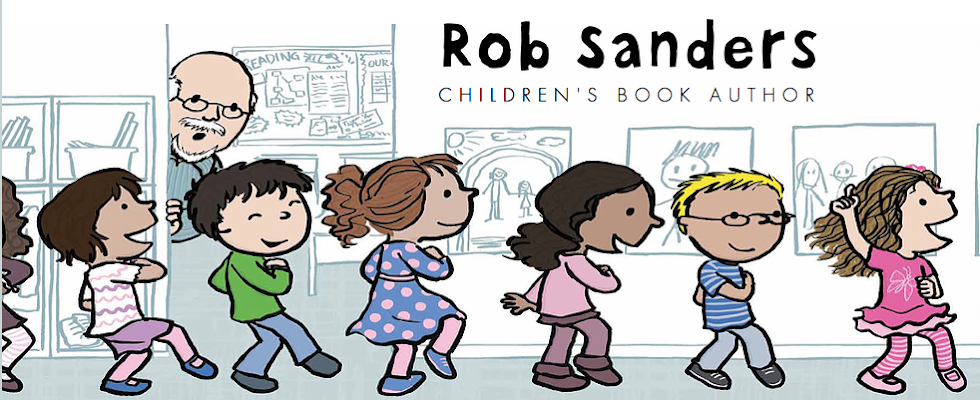Week of August 19, 2012: Finding Stories
Within
Friday, August 24—Ask Yourself Three Questions
No
matter how many idea-gathering sheets I help student writers create, I still
hear someone say, “I don’t know what to write about.” I tell them to look back
at their idea sheets, look in their writing journals for ideas, look at our
class chart of ideas on the wall, and so on, and still I’ll hear, “I don’t know
what to write about.”
The
same thing happens with adult writers. Put them in a conference session where
someone gives a prompt or asks them to write, and about a third of the writers
will sit and not write. Some will even say, “I can’t write on demand,” or “I
don’t have anything to write about today.”
Some
people call this writer’s block. Not me. I don’t believe in writer’s block. Have you ever heard a
bus driver say, “I can’t drive today, I have bus driver’s block.” Or a member
of your local fire station say, “Sorry, can’t put out your house fire. I have
fire fighter's block.” Or a teacher say, “I can’t teach you today, kids. I
have teacher’s block.” We all have to push beyond our feelings and wants and
druthers, to do our job. If writing is your job (as it is for my students
during their writing block), then I expected you to write! J
Here’s
a strategy I use with a student writer who says he/she has nothing to write
about.
Step 1: I say: “I’m
going to ask you three questions. Answer each question quickly.”
Step 2: I ask three
different questions off the top of my head. For instance:
R What’s your
favorite game or sport? (The kid might answer: Soccer)
R What’s your favorite thing to do when you’re
not at school? (Answer:
Ride my bike)
R What’s your favorite restaurant? (Answer:
Golden Corral)
Step 3: I say: “So which
are you going to write about today: soccer, riding your bike, or Golden Corral?
(Or whatever the answers are.)
Step 4: The child makes
a choice and I tell them to start planning their piece.
The
same strategy might work for picture book writers who are stuck. I certainly
can’t guarantee my students that three questions will lead to a great story, or
guarantee you that three questions will lead to an award-winning picture book,
but it might get you writing.
I
focus on a writing craft and elaboration strategy each day with my students. I
want them to practice their writing craft. So getting an idea—even from three
questions—and beginning to write is the key to practicing their craft. I think
the same could be true for all of us picture book writers.
Writing
and writing and writing—that’s our key. Once you accept the fact that not
everything you write will be published, you’re freed up to write. Sometimes you
write to stay disciplined . . . sometimes to practice a craft . . . sometimes to
get an idea out of your head . . . sometimes just to write.
In
your writer’s notebook, or on a sheet of paper, list as many questions to ask
yourself as possible. Then if the day comes when you have nothing to write
about you can ask yourself three questions from your list! Below are some
questions to get you started.
R
What was your favorite vacation of all time?
R
Who was your best childhood friend?
R
What did you and your best friend like doing together?
R
Who/what was your first pet?
R
What’s your favorite holiday?
R
What’s the best birthday present you ever received?
R
When were you most scared?
R
When were you most embarrassed?
R
When did you learn a lesson?
R
When did things not turn out the way you expected?
R
When were you surprised—in a good way?
R
When were you surprised—in a not-good way?
R
When was the first time you felt loss?
R
What was the first movie you ever saw?
R
What was your favorite TV show when you were a kid?
R
What smell reminds you of home?
R
Not counting your own home, whose house did you spend the most time in as a
kid?
R
Who was your strangest neighbor when you were growing up?
R
Who was your favorite teacher?
R
Who was the worst teacher ever?
R
What’s the most fun you ever had at school?
R
What field trip do you remember most?
R
When was the first time you really felt grown up?
R
Who was proud of you as a kid?
R
When did you disappoint someone?
R
What did you collect when you were a kid?
R
What instruments can you play?
R
As a child, where did you go to be alone?
R
Who could you always count on when you were a kid?
R
Who disappointed you when you were a kid?

